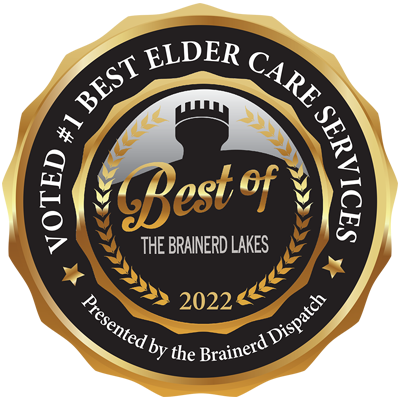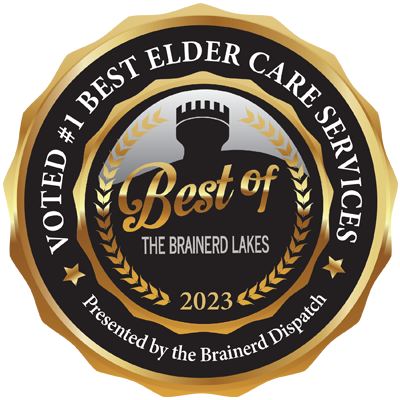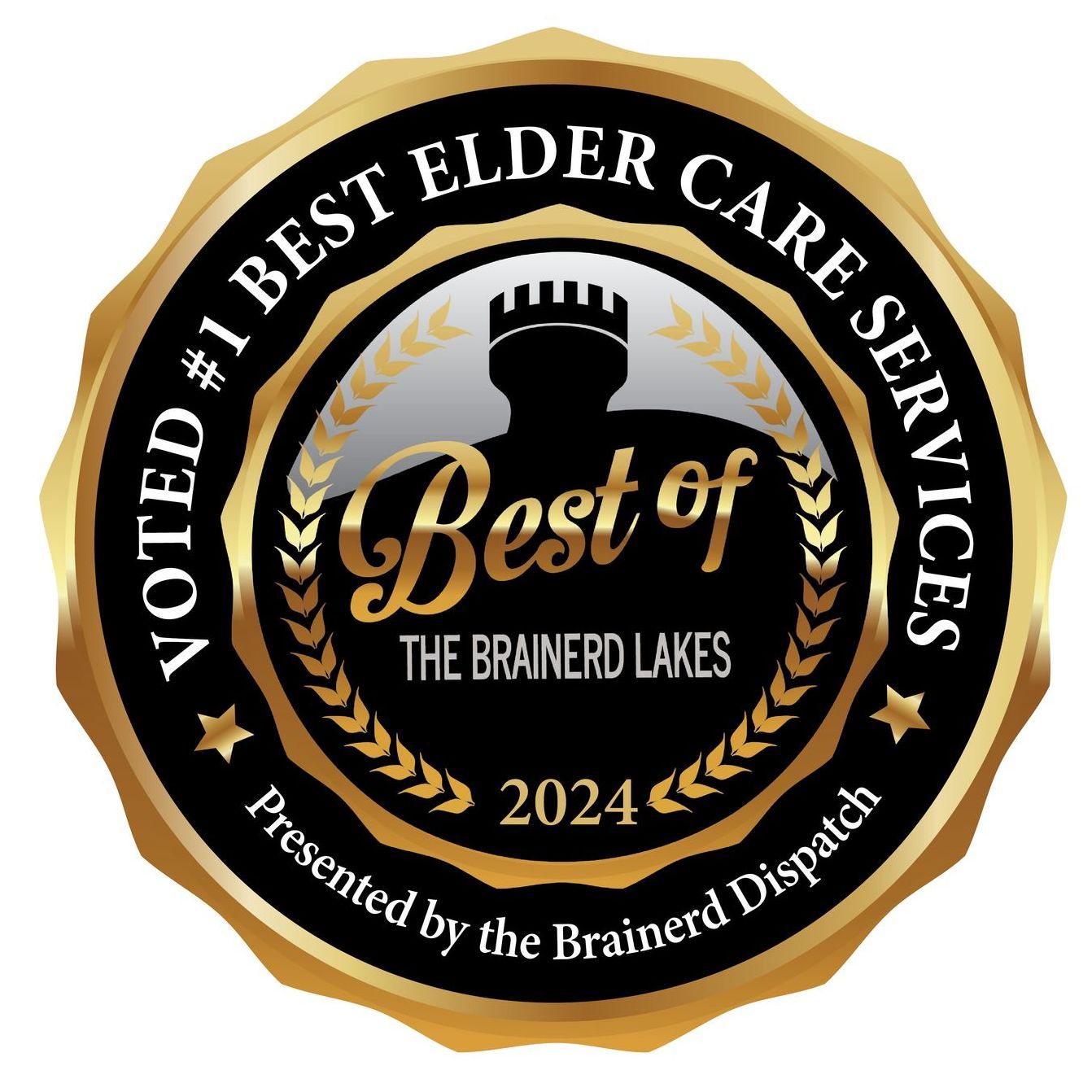Special Needs Home Care
We all want to be there for family in need but understanding the limitations of our caregiving skills is an essential consideration for their health and safety. If you don’t feel you are meeting your loved one’s unique needs and would like additional support to meet their needs, then in-home care is the perfect middle ground. Personal care assistants (PCAs) are trained to provide personal care and respite care for a variety of conditions. These can range from motor skill and coordination issues, psychological disorders, learning disabilities, autism, cognitive delays, etc.
Any individual troubled by chronic symptoms or disabilities can see a tremendous improvement in life quality through experiencing in-home care professional assistance. Not only do PCA’s assist with daily activities and tasks, but they also add intangible benefits to ensure a loved one is safe, happy and reaches their highest potential.

Daily Assistance
Having another person guide them through daily tasks helps maintain the tempo of ordinary life. Home care professionals combine empathy and foresight to provide aid while maintaining the person’s independence as much as possible. For example, tasks that PCAs perform include:
- Mobility and Transfers
- Bathing and Washing
- Restroom Assistance
- Exercise and Rehabilitation
- Medication Reminders
- Homemaking Tasks
- Meal Preparation
- and many others…
As there are many levels of severity to most conditions, there are also many levels of care to consider for your loved one. While some people require attention only at specific times of the day, others need round-the-clock care. Advantage PCA Services finds you the perfect caretaker with the necessary training and standards you require.
Staying Active
Consistent social interaction is important for our overall health & wellbeing.
Choosing a PCA allows the person to remain at home and retain the maximum amount of their personal freedom despite their special needs. Caregivers can assist people out in their communities to ensure and encourage social interaction and inclusion.
Caring for Yourself
Whether it’s for a child or an adult, helping with a special needs routine can be difficult. The learning curve also leaves many with little time to devote to personal hobbies and other responsibilities. As important as it is to care for the well-being of a loved one, it is also important to prevent that care from overtaking your own well-being. Personal care assistants don’t only care for the patient, but they provide the family with the peace of mind that their loved one is taken care of even when they’re not near.





